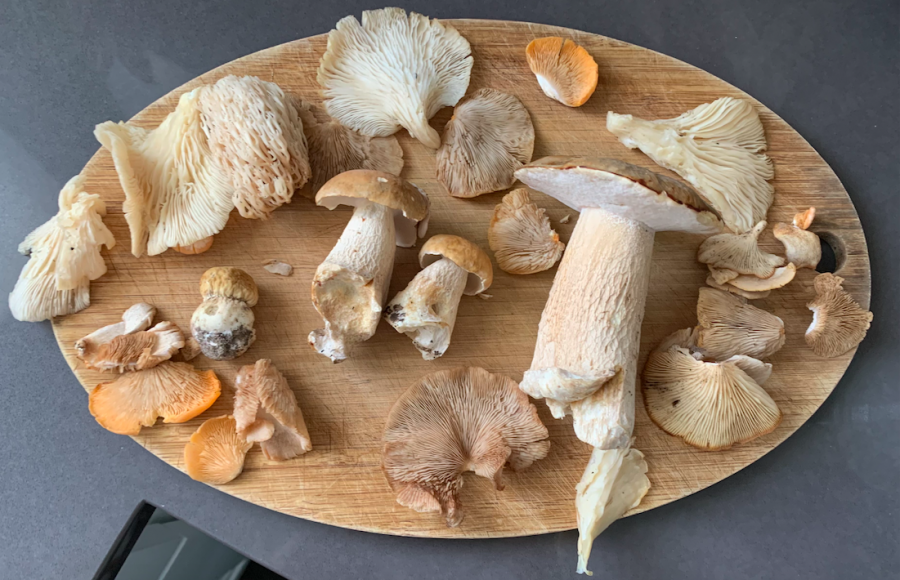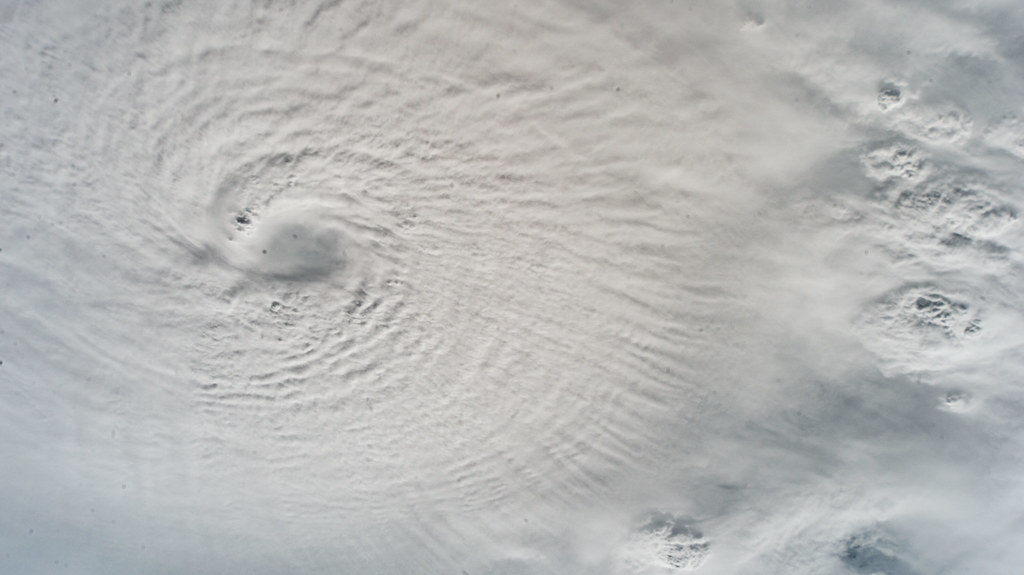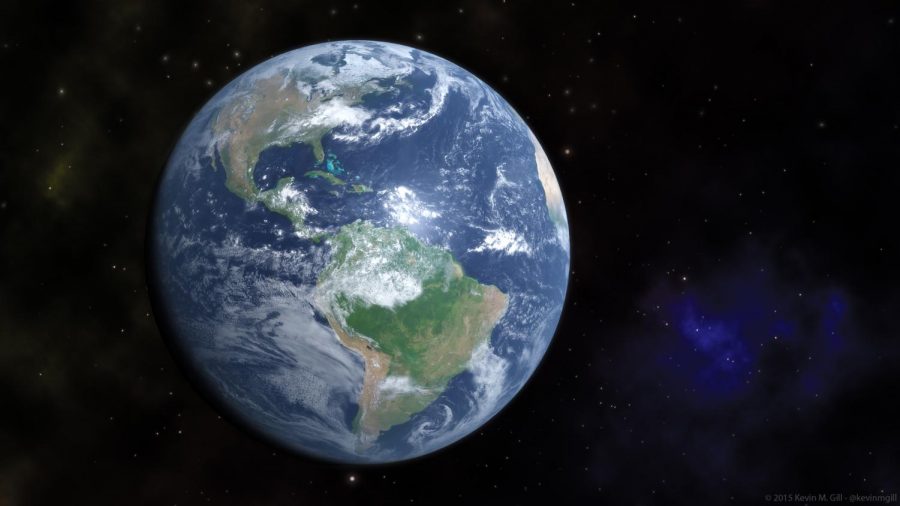This story is part of a series called Foraging for the Future. Jenna Koch will be sharing her foraging experiences while also providing insight into how we can mitigate climate change and connect with the environments around us in this biweekly series.
The Marquette Wire would like to bring attention to the Potawatomi, Menominee, Ho-Chunck, Ojibwe, Sac, Fox and Mascouten people who have inhabited the southwest shores of Lake Michigan, whose name is derived from the Algonquin name Michigami. Additionally, these groups are joined by the Oneida, Brothertown and Stockbridge-Munsee peoples who were displaced from the northeast by European settlers.
The forced removal of tribes, along with the broken treaties, and eradication of both Indigenous people and their culture by White European settlers should never be forgotten or ignored. We acknowledge the past and present struggles of these people and commemorate their resilience. The author of “Foraging for the Future” hopes to not only inspire others through the traditions and knowledge of Indigenous peoples but also bring light to the reasons why these traditions were or are being erased. This series will focus mainly on agricultural and culinary practices, but resources related to specific tribes’ culture, history and present-day issues will be included as well.
We are in the midst of a climate disaster. There is no denying that.
The 2021 Intergovernmental Panel on Climate Change report highlighted just how deep into this disaster we are. Even if humans begin to cut back on CO2 emissions today, the earth’s temperature will still rise 1.5 degrees Celsius by 2030. This will cause seas to continue rising and forests to continue burning, even more frequently than they are currently. The IPCC’s report said we are in “code red.”
Furthermore, the IPCC report claims that climate change is solely due to human activities that began during industrialization in the 19th century. “Human activities” is a broad category, but the report writes that the industries emitting the most CO2 include fossil fuel and coal.
If a radical change to our system isn’t a reality right now, in the meantime, we can take steps to reduce our carbon emissions. Many activists suggest lifestyle changes, such as reducing food waste, using fewer animal products and flying less often.
Although these are actions we should try to take, action cannot be successful without a complete change in consciousness. We cannot merely hope for a better world: We must understand that the sustainable world we dream about has already existed.
Indigenous peoples have lived in sustainable ways for centuries, and the knowledge and practices these communities hold are necessary for shifting the entire planet toward a different way of life. Knowing the land — its creatures, plants, fungi and the patterns that affect them — needs to be a larger part of climate activism.
We need to consider what traditions and practices were, and still are, held by Indigenous peoples in the Americas. Practices such as crop rotation, controlled burns and agroforestry are just a few methods Indigenous people used before the Americas were colonized. Practices like these were often replaced with European modes of agriculture, either by assimilation or through force. Replacing Indigenous modes of agriculture has degraded soil and lead to deforestation while stripping Indigenous tribes of their culture. Their oppression, and the oppression of all living beings, is tied to the exploitation of the natural world. We must stand in solidarity with them while learning from their vast history with this landscape.
“If non-Indigenous people can go around knowing plants are relatives, people are way less likely to exploit,” ethnobotanist Linda Black Elk said in a panel discussion by Indigenous foraging organization I-Collective.
Additionally, learning from Indigenous knowledge is not only crucial to understanding the continent’s past, but it will be necessary to learn in order to survive its future.
If we do nothing about climate change now, the climate may return to the unstable conditions of the Pleistocene era in which humans were hunter-gatherers, said John Gowdy, a professor of economics at Rensselaer Polytechnic Institute. If this is our Plan B, and lawmakers aren’t working on a Plan A, we might as well start learning now. Connecting directly with the natural world is not just necessary for an ideological shift, but it may become a necessity for future generations.
This is where foraging comes in. A hot topic among chefs and nature enthusiasts alike, foraging is the act of collecting wild plants and fungi and using them in a variety of ways. Most often, this is in the form of meals or as herbal remedies, like teas and tinctures.
I began foraging about a year ago after becoming intensely obsessed with mushrooms during quarantine. Through hours-long Google deep dives, I discovered that mushrooms might just save the world, at least according to amateur mycologist Paul Stamets, whose 2008 TedTalk argues for six reasons why his statement is true. Not to sound overly religious, but I think mushrooms may have saved me.
Over the past year, I’ve hunted the humble oyster mushroom, prized chanterelles and porcinis and even a mushroom with the same texture and flavor as chicken. I’ve learned about a genus of mushrooms called “Pleurotus” which can decompose plastic, cigarette butts and oil spills. I’ve followed the growing body of research from institutes, such as Johns Hopkins University on how a genus of hallucinogenic mushrooms (psilocybe) can treat depression, anxiety and PTSD. It’s not just psilocybe mushrooms that are magical: Every single species in the fungi family has something different to explore.
Each time I go to forage for mushrooms and plants, I am amazed at what I find and learn along the way. Going vegetarian and buying zero-waste shampoo will never empower me to the extent that foraging has. Identifying plants and fungi and learning their growth cycles, uses and history with humans helps open a dialogue between myself and the natural world. We cannot fully appreciate nature if we do not bother to learn its language.
Lifestyle changes are helpful, but climate action requires a full shift in what one believes is possible. Climate activists have told me I must give up some comforts of consumerism I currently enjoy. Foraging has taught me that I don’t need those comforts to have a meaningful existence.
Foraging is not a radical action without acknowledgment of the Indigenous tribes that first foraged this land.
Marquette University is helping build the next generation of world leaders, scientists, writers and teachers who will need to bring attention to climate change in their work. The administration should encourage students to get involved in climate activism by offering more activities for environmental work on campus, as well as incorporate more environmentally focused courses in the university’s curriculum. Getting students involved with planting more biodiverse green spaces or hosting hiking outings could be a good place to start, not just for administration, but for student organizations. If we are not seeing enough action from our administration, we will have to get our hands dirty and do the work ourselves.
Within this series, I will explore the ways in which foraging is connected to climate justice. It will be both a guide as well as a call to other young people. Go to the forest. Touch, smell, even taste what’s there and then learn its name. Research how Indigenous people used it, and why it is now endangered, or invasive or impossibly delicious. The antidote to climate despair is not hope — it is connection.
RESOURCES:
I-Collective: an Indigenous American collective spreading knowledge and resources on foraging, cooking, and agriculture.
Ava Chin— Writer of the NYTs Urban Forager column, whose work is a major inspiration for my own.
@Blackforager (Alexis Nicole Nelson) on Tiktok– One of my first introductions to foraging. More information from the New York Times.
Learn Your Land on YouTube– Comprehensive videos on common foragables.
Stalking the Wild Asparagus —A classic field guide and recipe book from the 1960s.
All That the Rain Promises and More — Pocket guide to North American mushrooms, and so much more.
This story was written by Jenna Koch. She can be reached at [email protected]






